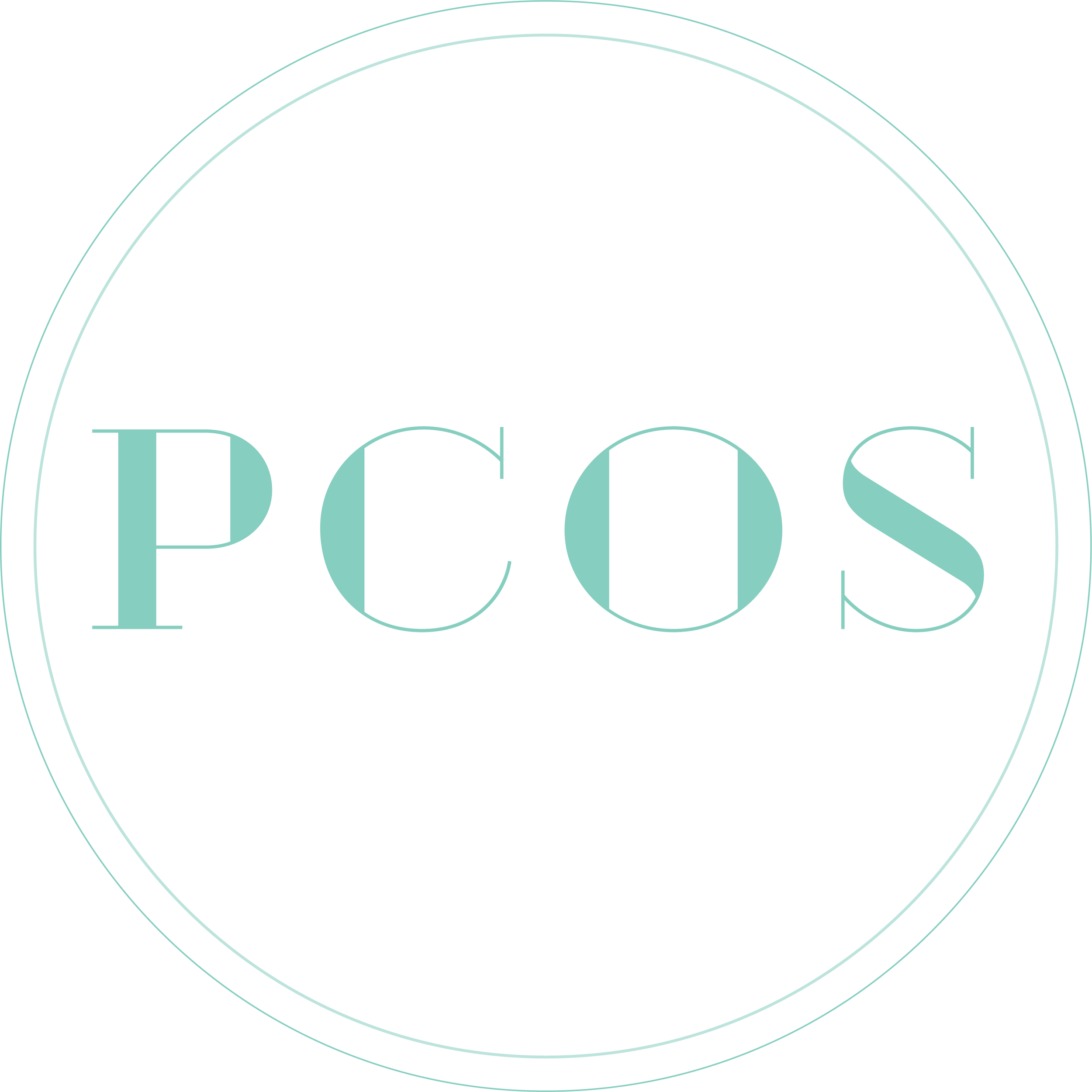(PCOS) is defined as a complex endocrine system disorder with no clear cause. PCOS is the most common endocrine system disorder among women of reproductive age. Infrequent or prolonged menstrual periods, high testosterone levels (which causes excessive hair growth, weight gain or even obesity), insulin resistance and infertility are all regularly occurring with PCOS.
Polycystic ovarian syndrome can be very difficult to diagnose due to its wide variety of presentations. A combination of medical history, physical examination, lab work and imaging is needed to properly diagnose this disorder. Insulin resistance is thought to be leading cause of infertility among women with PCOS. Too much circulating insulin in the woman's body interrupts normal hormone function and can prevent ovulation from occurring.
Menstrual symptoms include the absence of, heavy, infrequent, irregular, short, light or spotting during menstruation. Medications such as Metformin, which decrease the amount of insulin in the body, can help restore normal hormone function and ovulation in women with PCOS and has shown to be successful.
PCOS is straight up confusing.
When I was diagnosed with it, I kept having to re-read the definition over and over because technically I didn’t fit the basic description. Bottom line: PCOS causes an ovulatory dysfunction keeping a woman from ovulating “fully or correctly” month over month.
The main factors associated with PCOS are:
Many cysts found in the ovaries at all times during a women’s cycle (polycystic meaning many cysts)
Irregular periods - Apparently a “healthy cycle” is 28 days, so many women could fall into this category
Excessive androgen which can result in excess hair growth (usually on face or chest), or hair loss from the head, and sometimes weight gain.
Apparently, back in the day, many women who were diagnosed with PCOS were also overweight, but nowadays that’s just not the case.
However, some women may only have one or two of these symptoms and be diagnosed with PCOS. One thing to note and that I learned through my journey is that ovulation is not all or nothing. Many women do ovulate each month and have a period, but their bodies don’t ovulate “fully or correctly” which can put them into this category as well.
Kelly Laning - Central Houston Local WiH Leader - centralhouston@waitinginhopeinfertility.com







